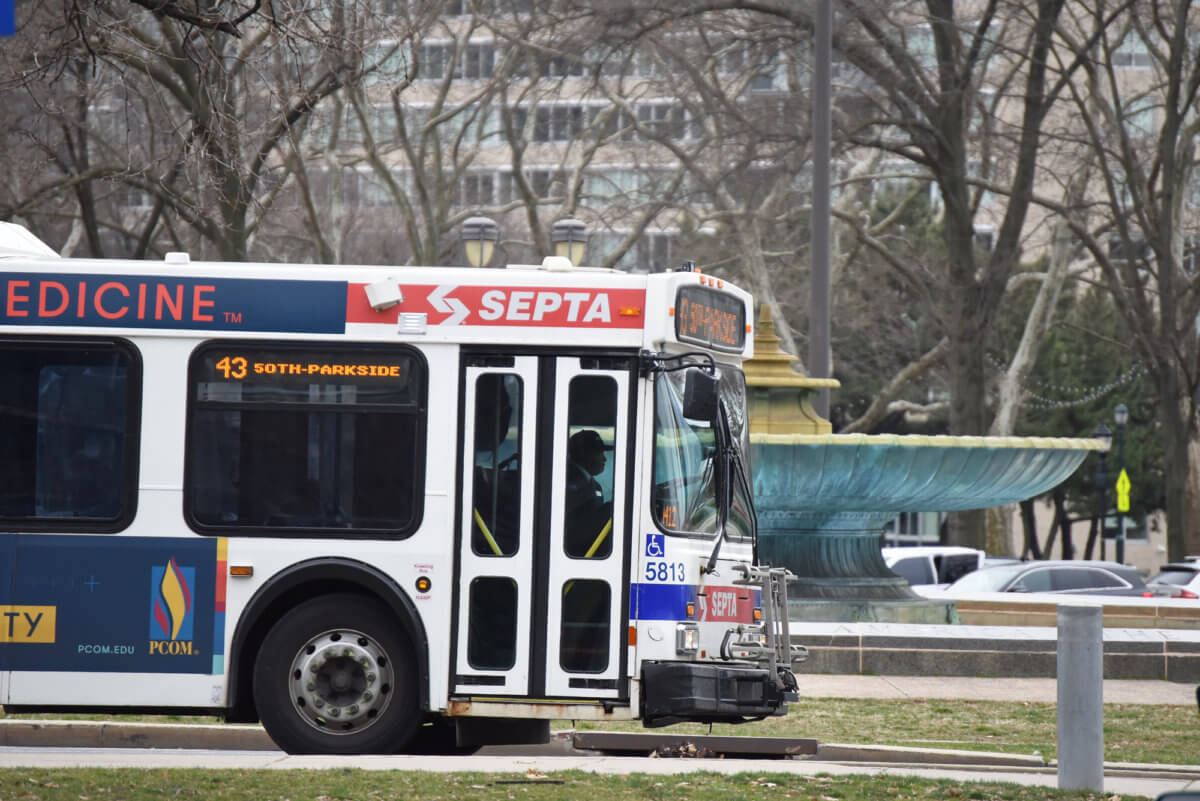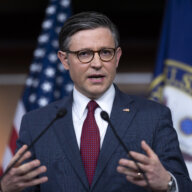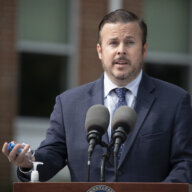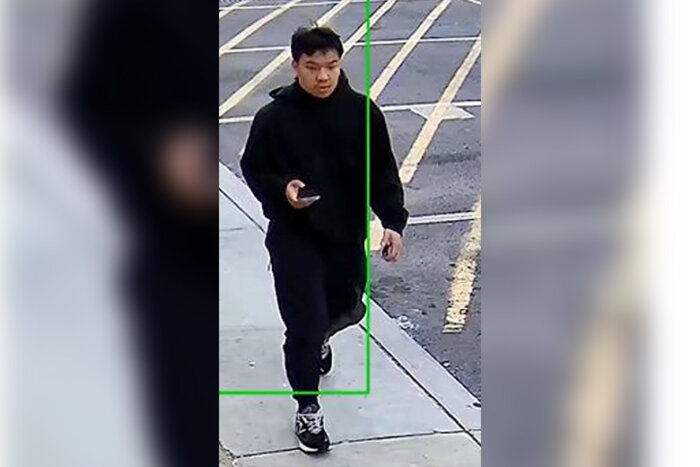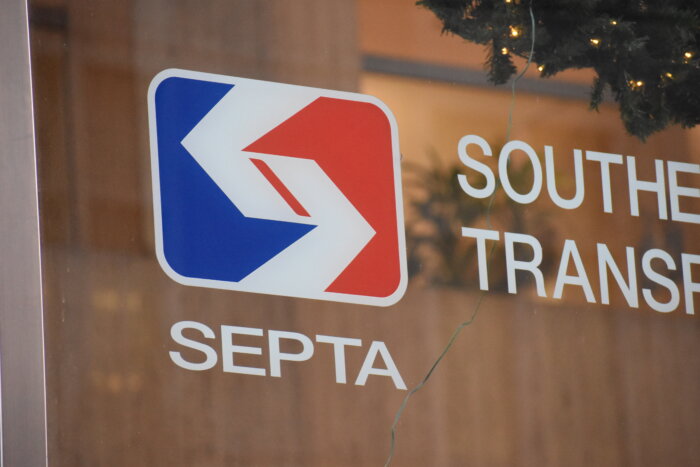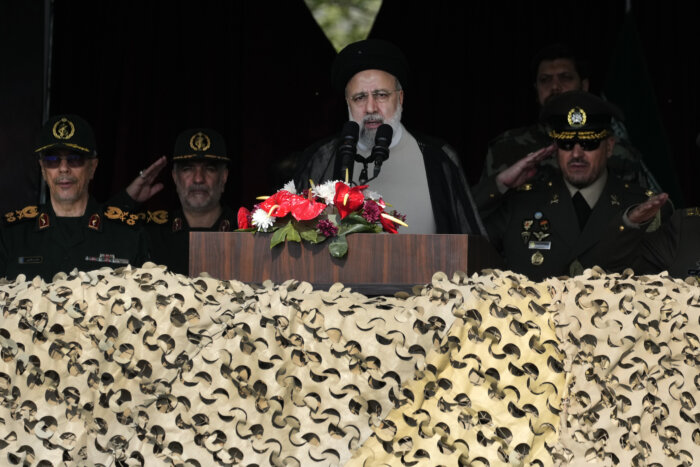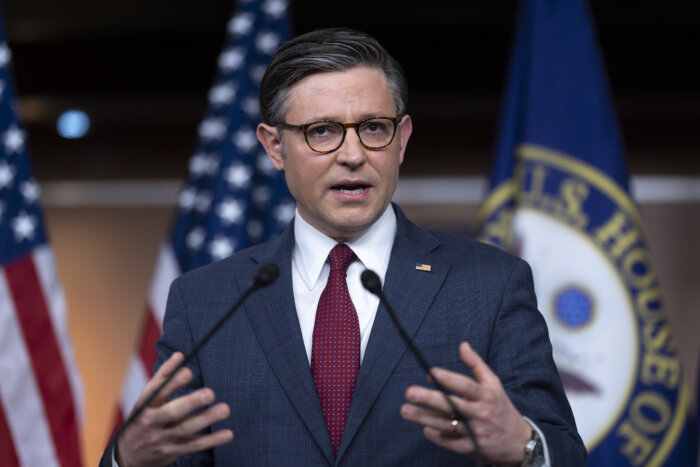A Market-Frankford Line cashier, a bus driver operating out of Northeast Philly and an employee working at 69th Street Transportation Center.
All have tested positive for the COVID-19 virus, and a total of at least 22 SEPTA workers have caught it. The transit agency hasn’t been doing enough to halt the spread of the disease, according to a union that represents thousands of SEPTA employees.
“We are taking this very seriously. I don’t believe that SEPTA is taking it serious enough,” said TWU President Willie Brown in a video posted to the union’s website. “They have put profit before people.”
SEPTA representatives pushed back, saying the agency is doing everything it can, including implementing significant service reductions and ratcheting up cleaning efforts, to keep people safe.
“SEPTA is committed to providing a safe and healthy travel environment for our customers and employees during this crisis, and, as such, we’re continually evaluating ways to make improvements,” said Scott Sauer, the agency’s assistant general manager for operations.
Leslie Richards, SEPTA’s general manager, and Sauer met with TWU leadership Thursday, according to SEPTA spokesman Andrew Busch. He said no formal agreement was reached, but the agency said it shares workers’ concerns and is committed to an open dialogue moving forward.
Following Brown’s missive, SEPTA announced that it would limit riders to a maximum of 20 on buses and 25 on trolleys. Thirty people would be the limit on the Norristown High Speed Line.
If a bus or trolley is full, it will zip by stops and only drop off riders until there are less people on board, according to Sauer.
In addition, buses and trolleys will now use the back doors for boarding to limit interactions between drivers and passengers. People getting on will no longer have to pay, Sauer said.
SEPTA has already put in place a Saturday schedule for all buses, trolleys and subway lines, and cut Regional Rail even more — trains come only every two hours. Ridership has fallen dramatically in the wake of the coronavirus.
“For everyone’s health and safety, we implore that our customers who do not have a need to be on the system, please stay home,” Sauer said Wednesday. “We want to reserve the space that’s available on our vehicles for those that actually need it.”
TWU is demanding SEPTA test employees for fevers when they report to work and even suggested testing all employees for COVID-19, according to a newsletter sent to members.
Busch said the transit system could look into checking workers for a fever, but it’s probably not feasible.
The union has also called on SEPTA to give front-line workers hazard pay, usually calculated as “time-and-a-half,” and allow all workers with underlying medical conditions to get paid time off immediately.
Some city workers were being paid time-and-a-half, but that benefit expired Sunday, and officials are working on one-year contract extensions with several unions representing various municipal workers.
Busch said SEPTA doesn’t think it can afford hazard time. The transit agency has already predicted a budget shortfall of at least $150 million due to COVID-19. SEPTA has implemented a 10 percent pay cut for its top brass; initiated a hiring freeze; and eliminated overtime.
The latter has irked TWU.
“They’ve cut out overtime, so now, if you can’t do overtime, the vehicles aren’t being cleaned as they should, the stations aren’t being cleaned like they should, these buses are not being sanitized,” Brown said.
SEPTA said it has taken extraordinary steps to improve cleanliness. Every vehicle is being cleaned twice a day, and the authority hired third-party companies to clean certain areas.
In addition, the agency is only using buses with protective shields between drivers and the public and hopes to install similar shields on all trolleys by this weekend. Only buses with plastic seats, instead of cloth, are being used.
SEPTA is also trying to buy at least 10,000 masks to distribute to employees, according to a statement.
In the newsletter, TWU said it is “irresponsible and illegal” to consider shutting down the public transportation system. However, the union thinks something has to be done.
“It’s all over the system where people have positive tests, and I expect more tests to come,” Brown said.



